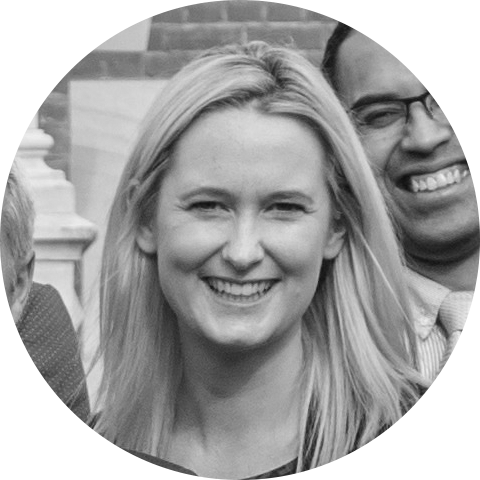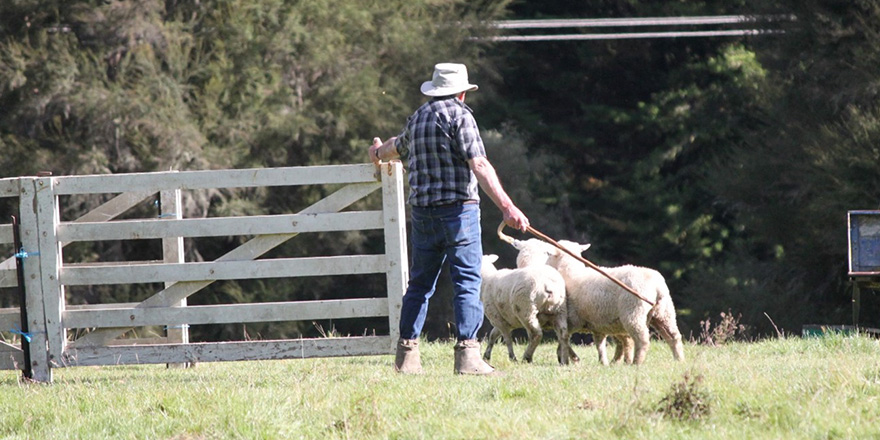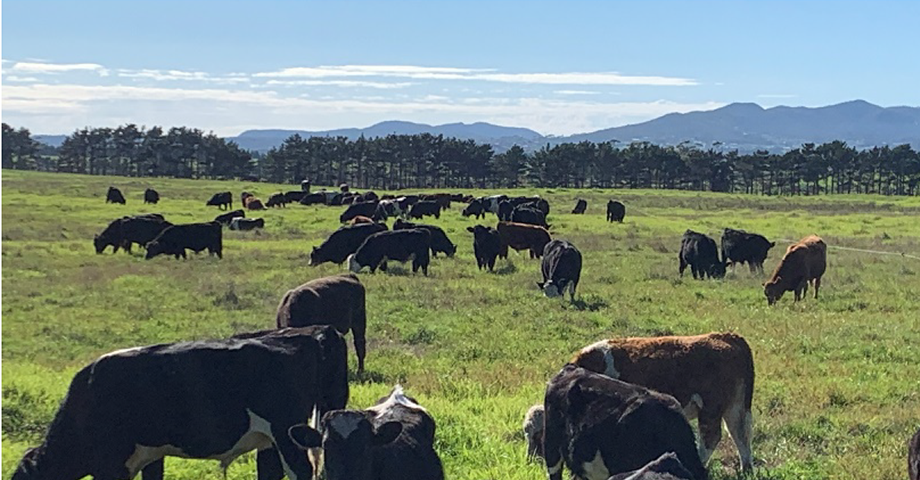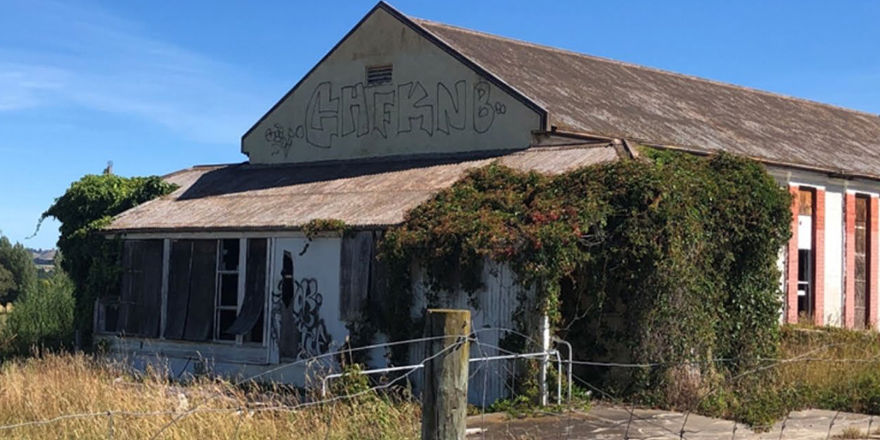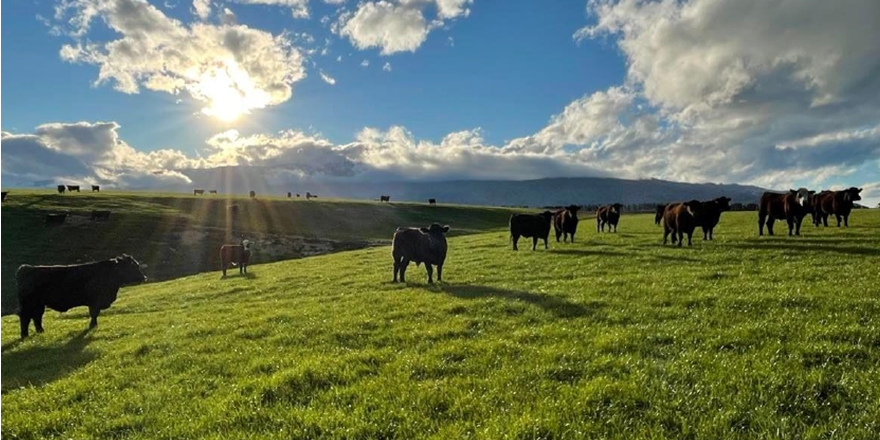Executive Summary
“The intuitive mind is a sacred gift and the rational mind is a faithful servant. We have created a society that honours the servant and has forgotten the gift” Kasanoff (2017). Although this might be a paraphrase of Albert Einstein’s work, it is a quote that has spread all across the world and is a great example of right brain intuition and left brain rationalisation.
It is no secret that traditional leadership in New Zealand’s primary sector, and many sectors for that matter, have been known to be very logical and analytical. These leaders enjoy familiar, accurate and practical ideas. These attributes stem from the left brain and allow a clear methodology of decision-making to take place. To ‘think big’ or to be creative are common attributes of right brain thinking.
For many, left brain leadership can be seen as a comfortable place. It includes statistics to guide decisions, risks are mitigated at every turn, processes are familiar and the business ticks along in a very orderly fashion. However, businesses today require fast pace changes, decisions made on gut feeling, flexibility and often going down the path of most resistance.
The fourth industrial revolution is upon us and the world stage looks completely different to five years ago. Robotics, AI, quantum computing, 3D printing, the Internet of Things (IoT) and biotechnology are all examples of this revolution. Rural leaders will need to understand, embrace and foster these innovations as they become relative to the businesses in which they lead.
While the world is changing rapidly around us, we are also dealing with a specific issue within the New Zealand primary sector. We export over 90% of our primary production, Rotherham (2016), we have a major environmental issue on our hands, partially due to intensification, our markets are about to see a wave of synthetic products that could replace the need for much of our volume and the only solution I see to this issue is a mass shift to value-add production. So, how do you create added value in this rapidly evolving context? I believe you think differently, you think like your customers and you act fast.
Given this forecast of uncertain things to come, I explore the leadership capabilities that may be needed to manage this complexity in the 21st century.
My research not only explores the ‘why’ and the ‘what’, it also explores the ‘how’ and includes interesting case studies demonstrating what change might look like.
Download and read the full report here
